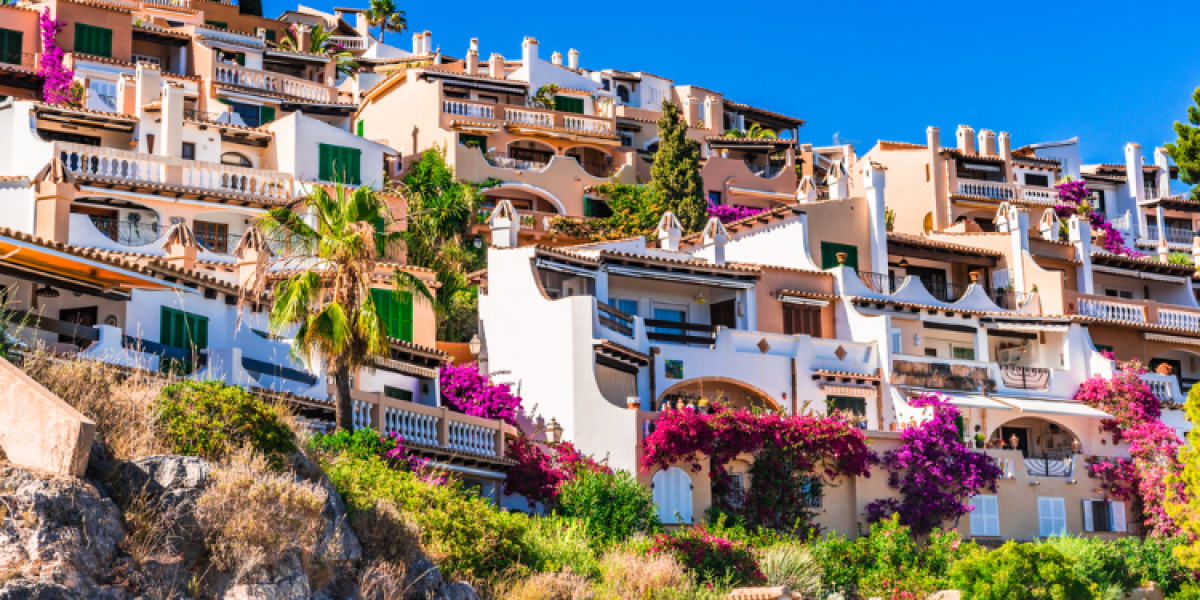
Are we witnessing the last days of the Spanish Golden Visa? While Portugal and Ireland have announced the end of their Golden Visa programs intended for wealthy foreign investors, Spain's political left wing is proposing a law to abolish access to citizenship through real estate investment. How is this going to affect immigration in Spain?
Should we expect the end of the Spanish Golden Visa?
On February 14, the Spanish left-wing party proposed a law to eliminate the possibility of acquiring citizenship by simply purchasing a property costing at least 500,000 euros. During a press conference, Íñigo Errejón, the leader and spokesman of the party behind the bill, Más País, said: "How easy it is for some gentlemen to come and request a residence permit and buy a house with half a million euros. It looks almost colonial. We have presented a very simple reform to eliminate this class advantage that is given to some, which is bad for transparency and for containing housing prices".
For the record, let's first mention that there are several ways to obtain the Golden Visa in Spain, namely by acquiring a property worth at least 500,000 euros, investing at least 2 million euros in Spanish government bonds, purchasing at least 1 million euros worth of shares in Spanish companies, by making a deposit of at least 1 million euros in a Spanish bank, or by investing in a business start-up that is beneficial to the local economy, especially in terms of employment.
But can we really talk about the end of the Spanish golden visa? Unlike the United Kingdom, which (under duress) abandoned its program in the early days of the war in Ukraine, the Spanish golden visa is still relevant. The Más País proposal does not aim to dismantle the scheme entirely, at least not for now. The proposed law follows the directives of the European Parliament, which on March 9, 2022, announced that the Golden Visa would be phased out. The proposal, submitted to the vote, had collected 595 votes for, 12 against and 74 abstentions.
Golden Visa: a controversial program
Launched on September 27, 2013, the Spanish Golden Visa was aimed at boosting the country's economic attractiveness. Ever since the 2008 real estate bubble burst, Spain entered a recession. The country is in crisis, with banks plunging and unemployment soaring, just like the national debt. In fact, the Golden Visa scheme was set up with a clear mission to revive the economy through foreign investment by attracting wealthy foreigners who were ready to invest in the country.
But has the program met its objectives? According to the Ministry of Inclusion, Social Security and Migration, the country has approved 429 applications for golden visas. The figure hovers between 400 and 500 validations before an initial peak in 2018 when 716 golden visas were approved, and in 2019 with 848 validations. In 2021 a new record was set, with 864 approved applications.
But are these figures enough to say that the program has been a success? No, say Más País and other protesters. They point out that the government is more cautious about the impact of golden visas on the Spanish economy, especially at the local level. In fact, the Más País believe that the golden visa has even had the opposite effect. Real estate prices have risen due to foreign investment, forcing the Spanish population to move to cheaper areas. Íñigo Errejón speaks of the local population being chased out of their own neighborhoods, along with a very negative impact on the housing market. According to Más País, since its creation, the golden visa has allowed 100,000 wealthy foreigners to invest in Spanish real estate without positively impacting the country's economy.
How will this affect immigration in Spain?
If the law is approved, articles 63 and 64 of the Golden Visas law, which allow the purchase of real estate as a means to obtain residence in Spain, will be removed.
Spain is one of the favorite countries for wealthy investors. Between 2020 and 2021, 492 golden passports were issued to Russian citizens. The Russian invasion of Ukraine forced the Spanish government to suspend its program. The European Union (EU) and opponents of the program hope that this will last. But it's still unsure whether expats will follow.
Más País points out that some investors have contributed to the local Spanish economy. However, they seem too few to say that the Golden Visa program has really boosted the economy. In fact, the opposite is also true, with adverse cascading effects on the economy. Soaring real estate economics tend to influence the prices of the entire area they cover. This is how food and services become more expensive, forcing populations to move to less expensive regions as they cannot afford the extra costs. While opponents are also pointing to the murky origins of foreign capital and questioning job creation, the overall positive impact of golden visas on the local economy is being challenged.
The left-wing party proposes more transparency and control to involve foreigners in economic development. Foreigners who wish to invest in Spain could apply for a "residence visa for investors". Más País proposes a complete overhaul of the system to ensure that the money invested has a real impact on the local economy. Such a measure would lead to stricter capital controls for sounder Spanish finances. The proposed law can be seen as an appeal to wealthy expatriates who want to make a real contribution to the local economy. Portugal and Ireland have already taken a step further in that direction when they announced the end of Golden Visas.



















